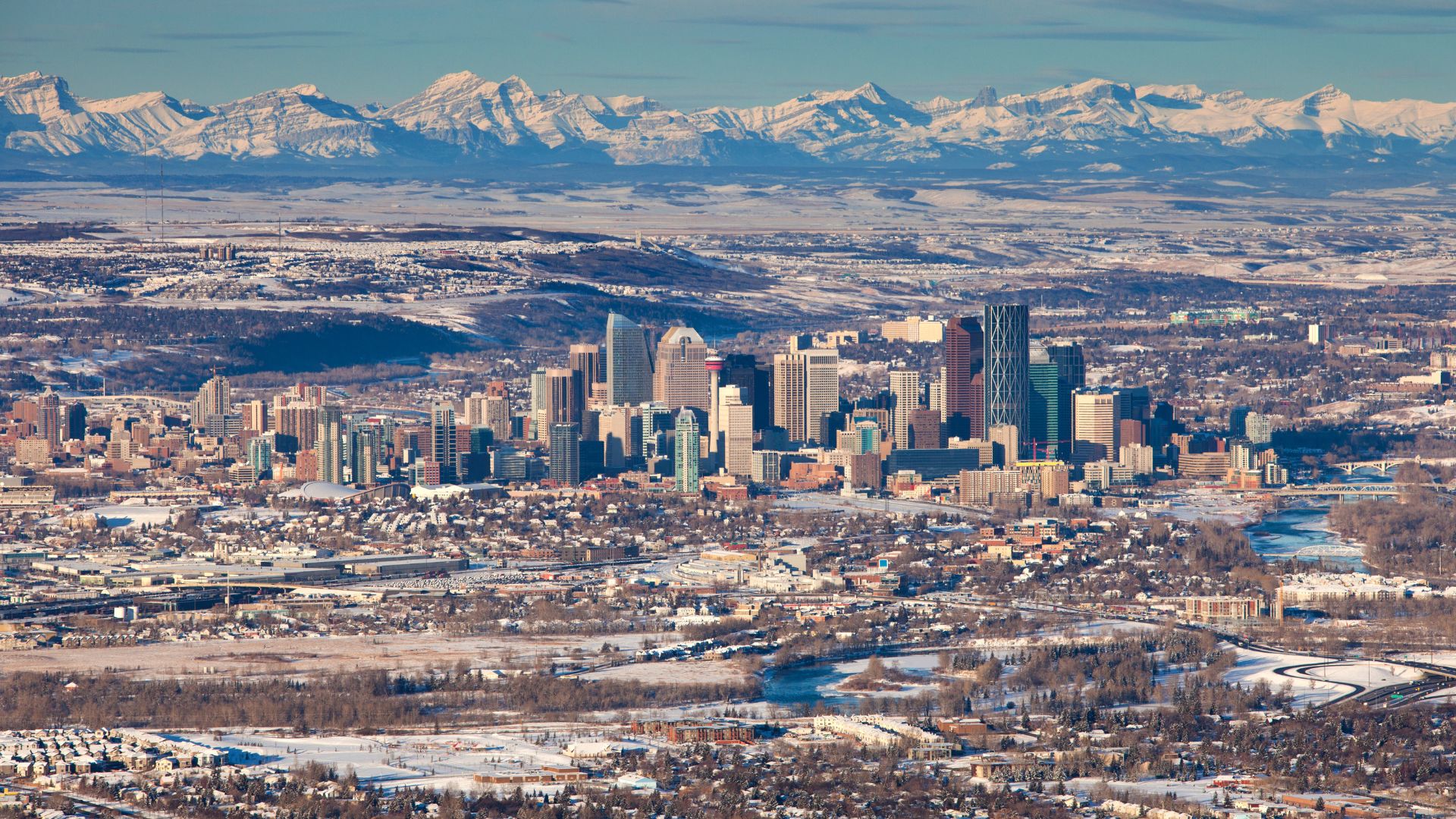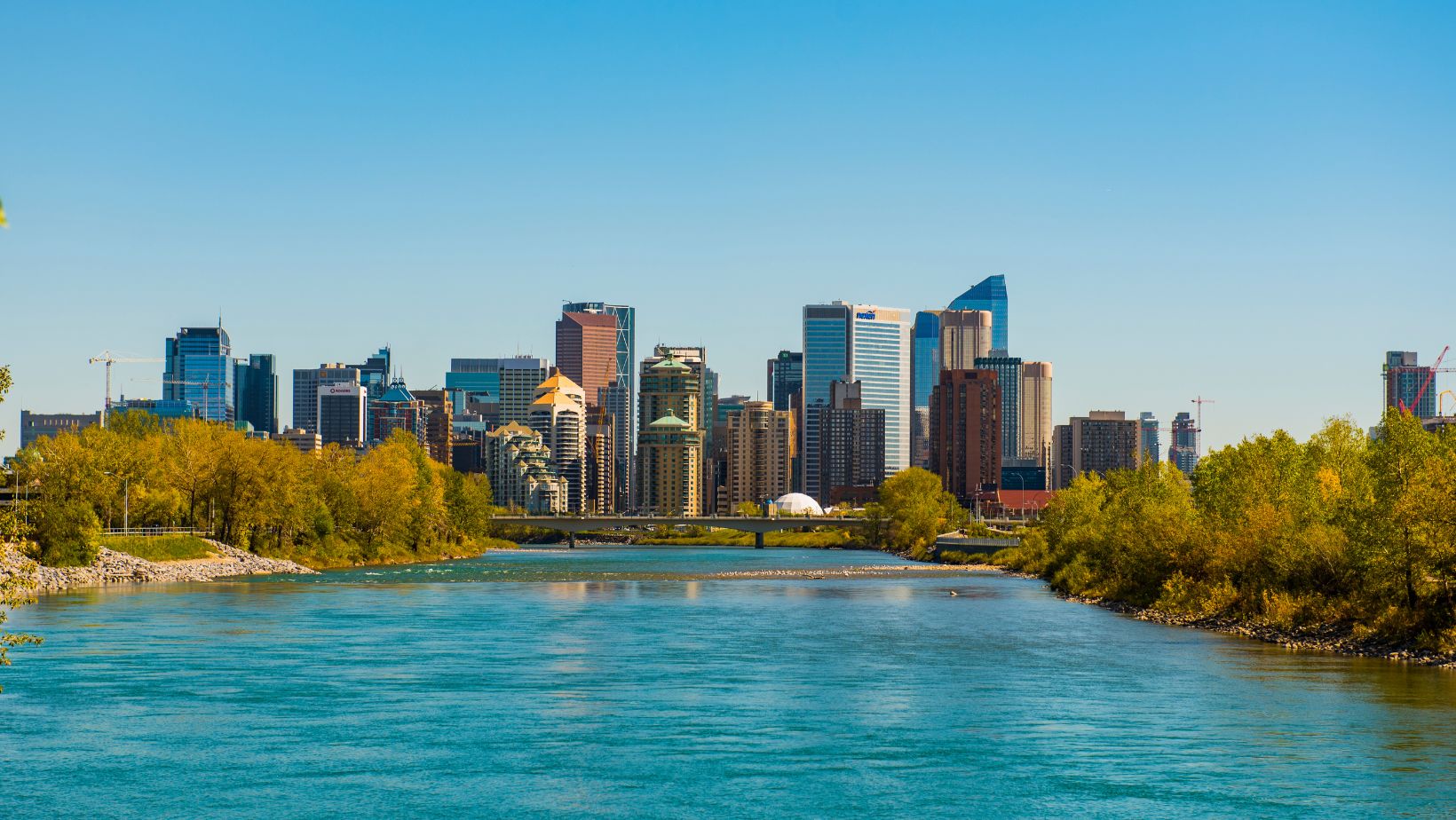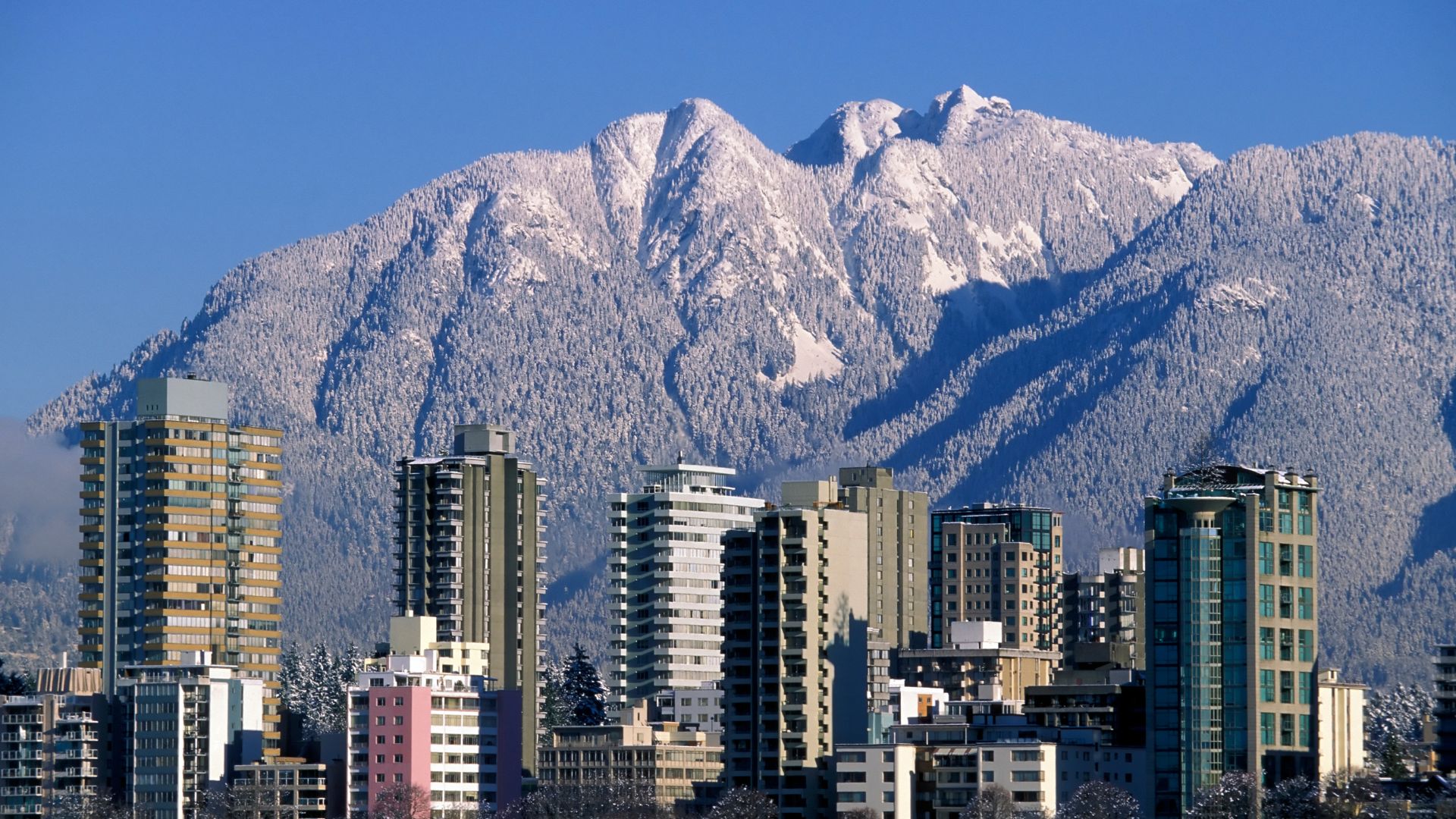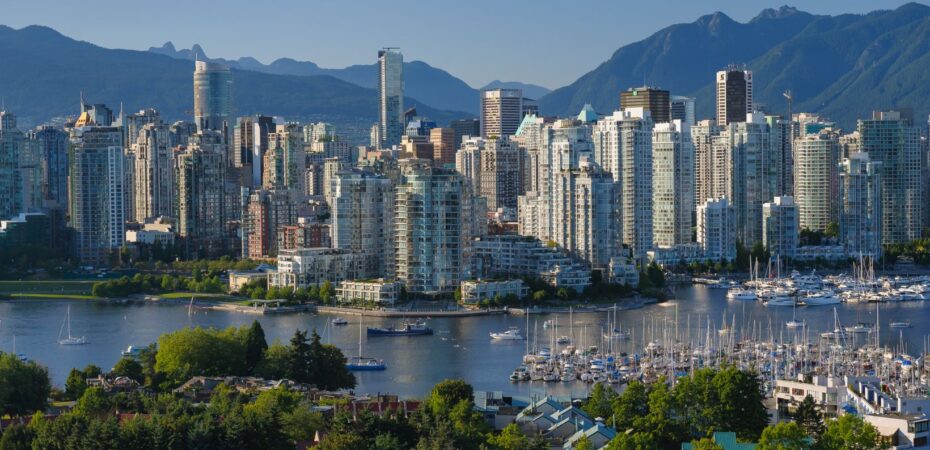Distance Between Vancouver And Calgary
Wondering about the distance between Vancouver and Calgary? Well, let me break it down for you. The distance between these two vibrant Canadian cities is approximately 970 kilometers (or about 600 miles) when traveling by road. That’s quite a journey! Whether you’re planning a road trip or simply curious about the geographical separation, understanding the distance can help you plan your travels accordingly.
To put this into perspective, imagine driving along the stunning Trans-Canada Highway from Vancouver to Calgary. You’ll pass through breathtaking mountain ranges, picturesque national parks, and charming towns along the way. So should you actually try to determine the distance between Vancouver and Calgary by taking an actual trip in person, it will be an adventure that offers both scenic beauty and a taste of Western Canada’s diverse landscapes.

The Geography of Vancouver And Calgary
The Physical Landscape
When it comes to the geography of Vancouver and Calgary, both cities are nestled amidst stunning natural landscapes. Vancouver is located on the western coast of Canada, surrounded by the Pacific Ocean and a backdrop of majestic mountains. On one side, you have the coastal range, while on the other side lies the Fraser River Valley. This unique setting offers breathtaking views and countless outdoor recreational opportunities.
Calgary, on the other hand, is situated in Alberta’s prairie region, with an entirely different topography compared to Vancouver. It sits at the eastern foothills of the Canadian Rockies, providing residents and visitors alike with easy access to awe-inspiring mountain ranges and picturesque national parks.
Climate And Weather Patterns
The climate in Vancouver can be described as temperate rainforest due to its proximity to the ocean. This means mild winters with little snowfall but plenty of rainfall throughout the year. Summers tend to be warm but not excessively hot, making it a pleasant place for outdoor activities.
In contrast, Calgary experiences a semi-arid climate with distinct seasons. Winters can be bitterly cold with heavy snowfalls while summers are generally warm and dry. However, due to its proximity to the mountains, Calgary occasionally experiences unpredictable weather patterns including sudden temperature changes and intense storms. When comparing Calgary vs Vancouver, observing how these distinct climatic characteristics highlight the diversity between the two cities is interesting. Regardless of the distance between Vancouver and Calgary, these facts remain unchanged and amusing to ponder.

Travelling From Vancouver To Calgary
To embark on this adventure, you’ll start your drive from Vancouver, which is located on the west coast of British Columbia. From there, you’ll head eastward towards the majestic Rocky Mountains, passing through picturesque towns and captivating natural wonders along the way.
Here are some key highlights and points of interest to consider during your drive:
- Fraser Valley: As you leave Vancouver, you’ll venture into the beautiful Fraser Valley region. Take in the lush farmlands, vineyards, and charming small towns like Chilliwack as you make your way towards Hope.
- Hope: While on the road to determine distance between Vancouver and Calgary, this quaint town makes for a sort of gateway to the mountains and is known for its stunning scenery. Make a pit stop at Othello Tunnels or explore nearby outdoor activities such as hiking or fishing.
- Coquihalla Highway: Once you’ve passed Hope, you’ll join the Coquihalla Highway (Highway 5). This stretch offers breathtaking mountain views and exhilarating driving experiences. However, do note that weather conditions can vary throughout the year, so it’s important to check road conditions before embarking on this route.
- Kamloops: About halfway between Vancouver and Calgary lies Kamloops, where you can take a break from driving and explore its vibrant downtown area or enjoy outdoor activities such as hiking or golfing.
- Shuswap Lake: Continuing eastward on Highway 1, you’ll pass by Shuswap Lake—a popular recreational destination offering opportunities for boating, swimming, and camping amidst picturesque surroundings.
- Banff National Park: As you approach Calgary, consider taking a slight detour south towards Banff National Park—an iconic Canadian destination renowned for its stunning mountain vistas, turquoise lakes, and diverse wildlife. Don’t miss the chance to visit landmarks such as Lake Louise and the Banff townsite. Consider planning a detour to Vancouver Island to explore cities like Port Alberni, Victoria, and Nanaimo. With more time, you’ll find lots of things to do in Port Alberni, such as visiting the McLean Mill Historic Site, kayaking on Sproat Lake, or hiking around Stamp Falls.

Finally, after an exciting journey through captivating landscapes, you’ll arrive in Calgary—a vibrant city known for its western culture, skyscrapers, and annual Calgary Stampede event.
Remember to plan your drive according to your preferences and time availability. It’s advisable to allocate at least 10-12 hours for the drive itself, but this can vary depending on factors such as traffic conditions and stops along the way.
So grab your camera, pack some snacks, and get ready for measuring distance between Vancouver and Calgary on your own! It will be an unforgettable road trip from Vancouver to Calgary—a journey filled with natural beauty and memorable experiences.


 By
By 





